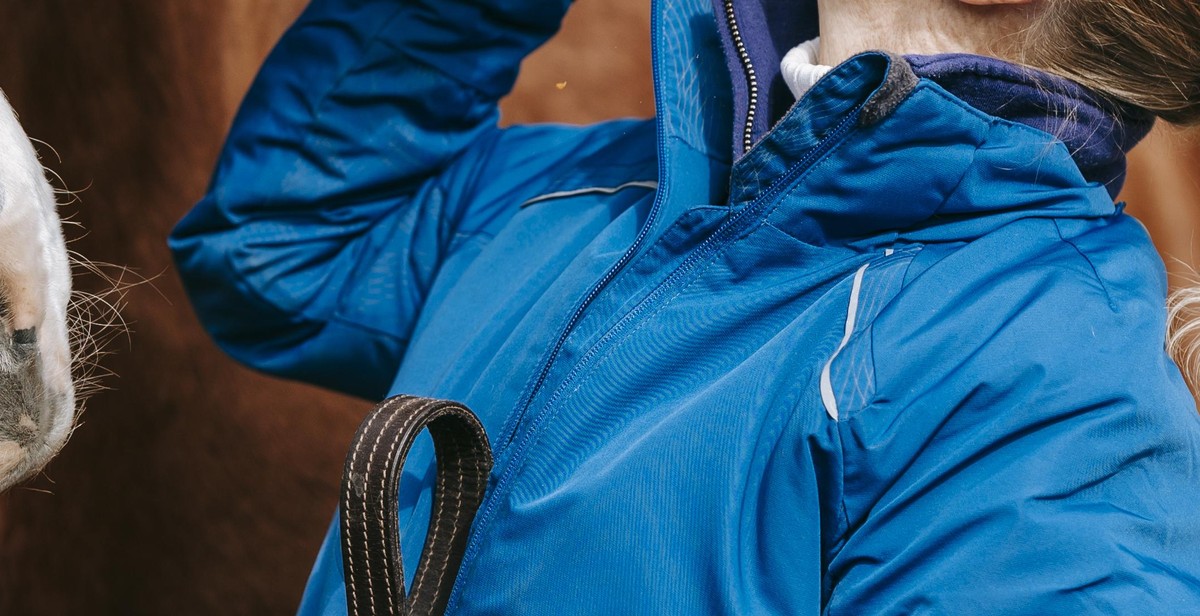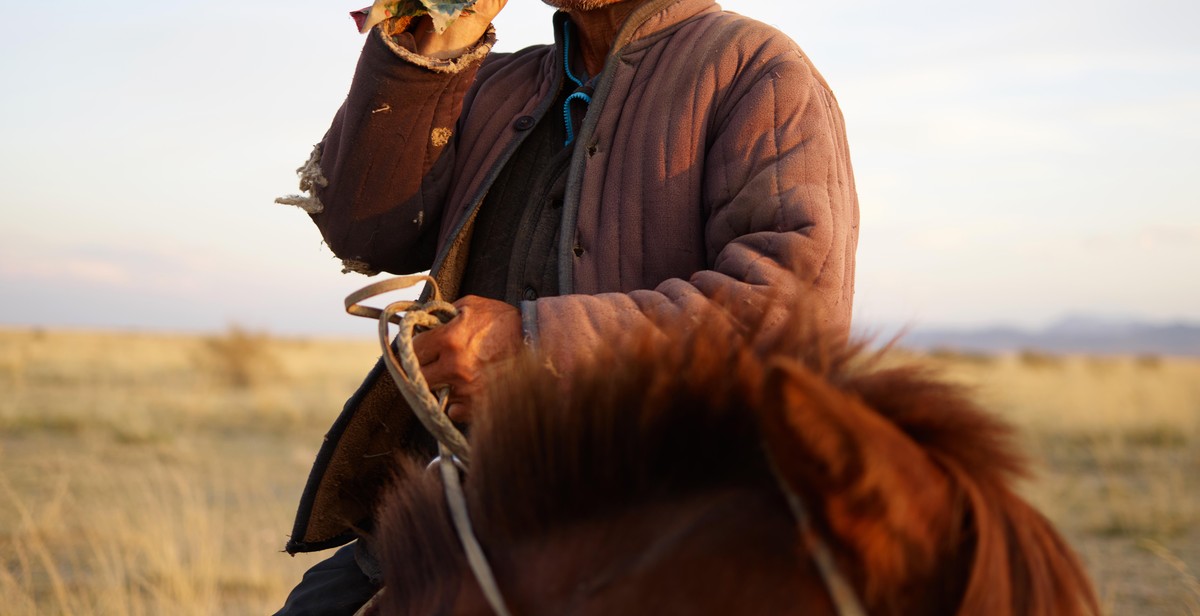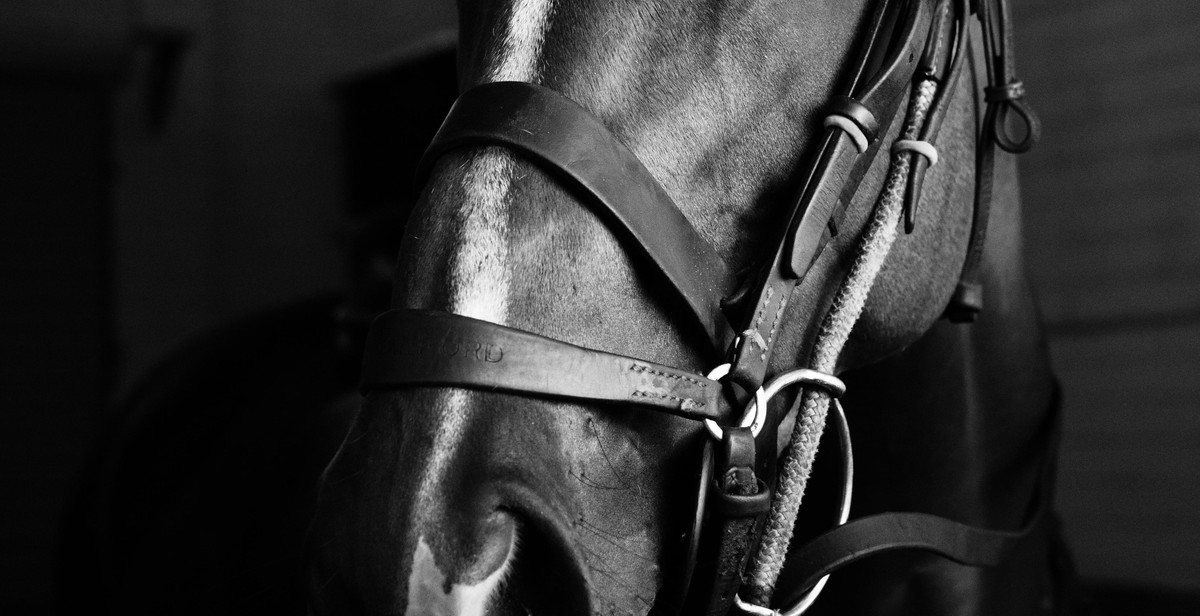How to Care for Senior Horses: Tips for Meeting the Special Needs of Aging Equines
As a professional and experienced horse owner, I know firsthand the challenges of caring for senior horses. Aging equines require special attention and care to maintain their health and well-being. In this article, I will share my personal experience and tips on how to care for senior horses.
Understanding Senior Horses
Senior horses are those that are over the age of 15. As horses age, their bodies undergo many changes, including a decrease in muscle mass, a decrease in digestive efficiency, and a decrease in immune function. These changes can lead to a variety of health issues, such as arthritis, dental problems, and weight loss.
Meeting the Special Needs of Senior Horses
To care for senior horses, it’s important to provide them with a balanced diet, regular exercise, and proper veterinary care. Senior horses may also require special supplements or medications to address specific health issues.
- Provide a balanced diet that is appropriate for the horse’s age, weight, and activity level
- Ensure that the horse has access to clean water at all times
- Regular exercise, such as turnout or light riding, can help maintain muscle mass and joint health
- Regular veterinary check-ups can help identify and address health issues early on
By understanding and meeting the special needs of senior horses, you can help ensure that your equine companion enjoys a long and healthy life.

Understanding Senior Horses
As horses age, their needs change. A senior horse is typically defined as a horse over the age of 15, although some horses may show signs of aging earlier or later. Just like humans, senior horses may experience a range of health issues and require special care to maintain their quality of life.
Common Health Issues in Senior Horses
One of the most common health issues in senior horses is arthritis. Over time, the joints in a horse’s body can become stiff and painful, making it difficult for them to move around comfortably. Other common health issues include:
- Dental problems: As horses age, their teeth may wear down or fall out, making it difficult for them to eat and digest food properly.
- Weight loss: Senior horses may have difficulty maintaining their weight due to a slower metabolism and decreased ability to absorb nutrients.
- Lameness: Arthritis and other joint issues can cause lameness in senior horses, making it difficult for them to move around comfortably.
- Cushing’s disease: This hormonal disorder is more common in senior horses and can cause a range of symptoms, including weight loss, muscle loss, and increased thirst and urination.
To keep senior horses healthy and comfortable, it’s important to provide them with regular veterinary care and a balanced diet. Many senior horses require specialized feed that is easier for them to digest and provides the nutrients they need to maintain their weight and overall health. It’s also important to provide senior horses with regular exercise, although the type and intensity of exercise may need to be adjusted to accommodate any health issues they may have.
| Age Range | Classification |
|---|---|
| 15-19 years | Early Senior |
| 20-24 years | Middle Senior |
| 25 years and older | Late Senior |
Understanding the needs of senior horses is essential for providing them with the best possible care. By staying alert to common health issues and providing regular veterinary care and a balanced diet, you can help your senior horse live a comfortable and healthy life.

Proper Nutrition for Senior Horses
As horses age, their nutritional needs change. It’s important to provide them with a diet that is easy to digest and meets their specific requirements. Here are some feeding guidelines to follow when caring for a senior horse:
Feeding Guidelines
- Forage: Senior horses should have access to high-quality forage, such as hay or pasture, at all times. It’s important to choose forage that is easy to chew and digest, as older horses may have dental issues that can make it difficult for them to eat.
- Grain: Depending on their activity level and overall health, senior horses may require additional grain in their diet. However, it’s important to consult with a veterinarian or equine nutritionist to determine the appropriate amount and type of grain to feed.
- Water: It’s crucial to ensure that senior horses have access to clean, fresh water at all times. Dehydration can lead to a variety of health issues, including colic and kidney problems.
Supplements for Senior Horses
In addition to their regular diet, senior horses may benefit from certain supplements to support their overall health. Some supplements to consider include:
- Joint supplements: Senior horses are more prone to arthritis and other joint issues, so a joint supplement containing glucosamine and chondroitin can help support their joint health.
- Probiotics: As horses age, their digestive system may become less efficient. Probiotics can help maintain a healthy gut flora and aid in digestion.
- Omega-3 fatty acids: Omega-3s can help support a senior horse’s immune system, as well as their joint and skin health.
Dealing with Dental Issues
Dental issues are common in senior horses, and they can make it difficult for them to eat and digest their food properly. Some signs of dental problems include dropping feed, quidding (spitting out partially chewed food), and weight loss. To help prevent dental issues, it’s important to have a senior horse’s teeth checked by an equine dentist or veterinarian on a regular basis. If dental problems are detected, they can be addressed with routine dental care or more advanced treatments, such as extractions or dental surgery.
| Component | Guidelines |
|---|---|
| Forage | High-quality, easy-to-digest forage (hay or pasture) at all times |
| Grain | Consult with veterinarian or equine nutritionist for appropriate amount and type of grain |
| Water | Clean, fresh water at all times |
| Supplements | Joint supplements, probiotics, and omega-3 fatty acids to support overall health |
| Dental Issues | Regular dental check-ups and treatment as needed |

Managing Senior Horses
As horses age, their bodies undergo various changes that require specific care and attention. Managing senior horses involves providing them with a comfortable environment, proper exercise, and routine veterinary care to ensure their well-being. Here are some tips for managing senior horses:
Exercise
Regular exercise is essential for senior horses to maintain their muscle mass, cardiovascular health, and overall well-being. However, exercise routines should be adjusted to match the horse’s physical abilities and limitations. Low-impact exercises such as walking, trotting, and light trail riding are ideal for senior horses. Regular turnout in a paddock or pasture is also beneficial as it allows them to move around freely and socialize with other horses.
Environment
The environment in which a senior horse lives can significantly impact their health and well-being. It is essential to provide them with a comfortable and safe living space that meets their specific needs. Senior horses may have difficulty regulating their body temperature, so it’s crucial to provide them with shelter from extreme weather conditions. Soft bedding, such as straw or shavings, can help cushion their joints and provide them with a comfortable place to rest. Additionally, senior horses may require special feeding arrangements, such as a raised feed bucket, to make eating more comfortable.
Veterinary Care
Senior horses require routine veterinary care to maintain their health and detect any potential health issues early. Annual wellness exams, including blood work and dental checks, are essential for senior horses. Additionally, senior horses may require specialized care for conditions such as arthritis, which can be managed with medication and supplements. Regular farrier visits are also crucial to ensure that their hooves remain healthy and balanced.
| Aspect of Care | Key Points |
|---|---|
| Exercise | Low-impact exercises, such as walking and trotting, are ideal. Regular turnout is beneficial. |
| Environment | Provide a comfortable living space with shelter from extreme weather conditions and soft bedding. Special feeding arrangements may be necessary. |
| Veterinary Care | Annual wellness exams, specialized care for conditions such as arthritis, and regular farrier visits are essential. |

Conclusion
As horse owners, it is our responsibility to provide the best possible care for our equine companions, especially as they age. Senior horses require specialized care and attention to maintain their health and well-being. By following the tips outlined in this article, you can ensure that your senior horse receives the care they need to live a comfortable and happy life.
Remember These Key Points
- Senior horses have unique nutritional requirements and may need specialized feed and supplements.
- Regular dental care is crucial for senior horses to maintain their ability to chew and digest food properly.
- Senior horses may require modifications to their living environment, such as soft bedding and shelter from extreme weather conditions.
- Regular veterinary care is essential for senior horses to catch and treat any health issues early on.
- Exercise and mental stimulation are still important for senior horses, but should be adjusted to their individual needs.
Give Your Senior Horse the Best Care Possible
Caring for a senior horse can be a rewarding and fulfilling experience. By understanding their unique needs and providing the appropriate care, you can help your horse live a long and happy life. Remember to consult with your veterinarian and equine nutritionist to ensure that your senior horse’s specific needs are being met.
| Author: | Jane Smith |
| Published: | September 1, 2021 |
| Modified: | September 15, 2021 |
